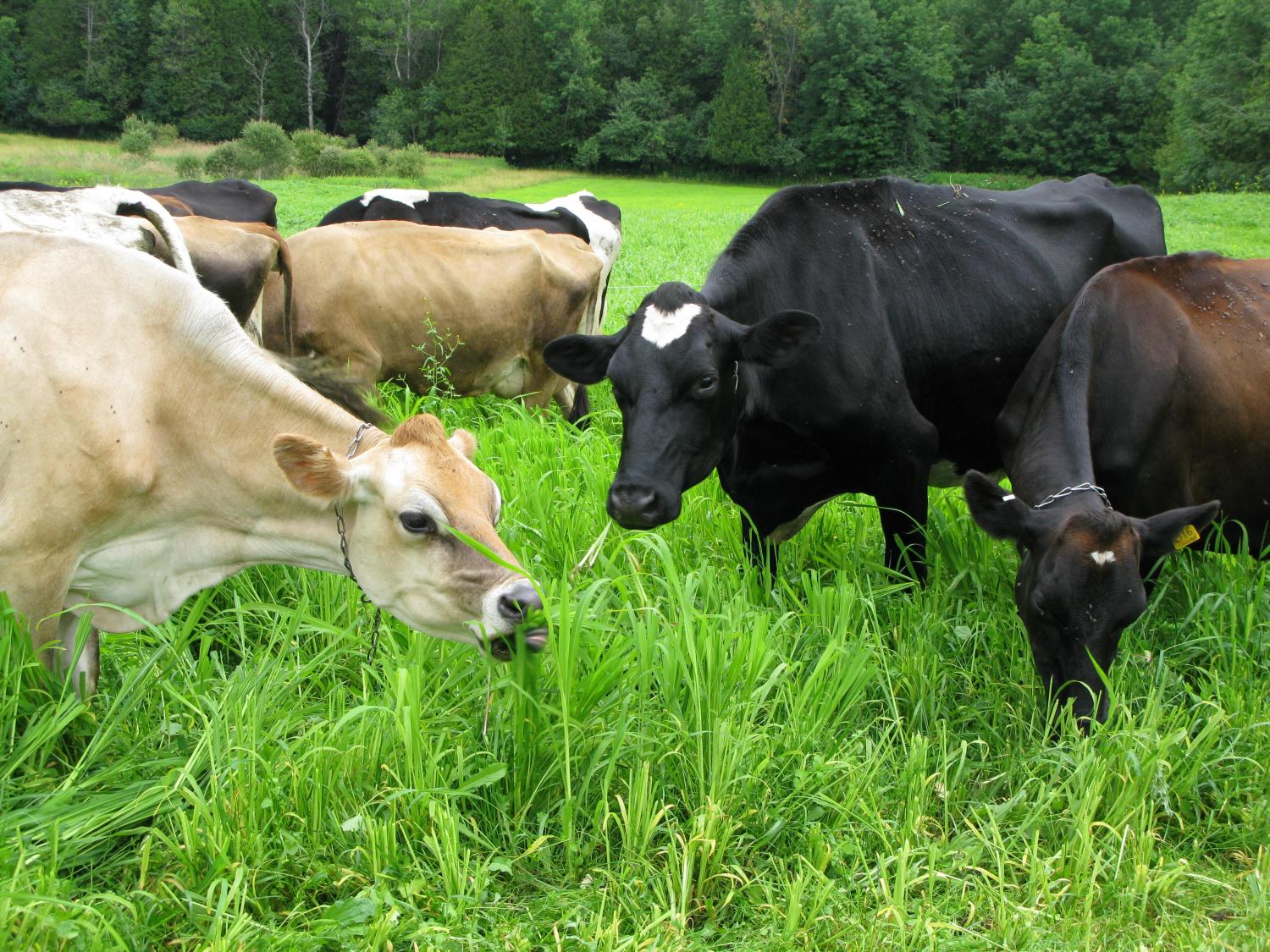Senegal - The eradication of the tsetse fly will boost the livestock sector
12.12.2018 289 views
ScaleAgData Stakeholder Engagement Event
22.10.2024The ScaleAgData project is pleased to invite you to our second stakeholder event. Building on the discussions and connections formed during our first webinar, this event will focus on fostering collaboration among stakeholders, providing updates on our project’s progress, and outlining future opportunities for engagement.
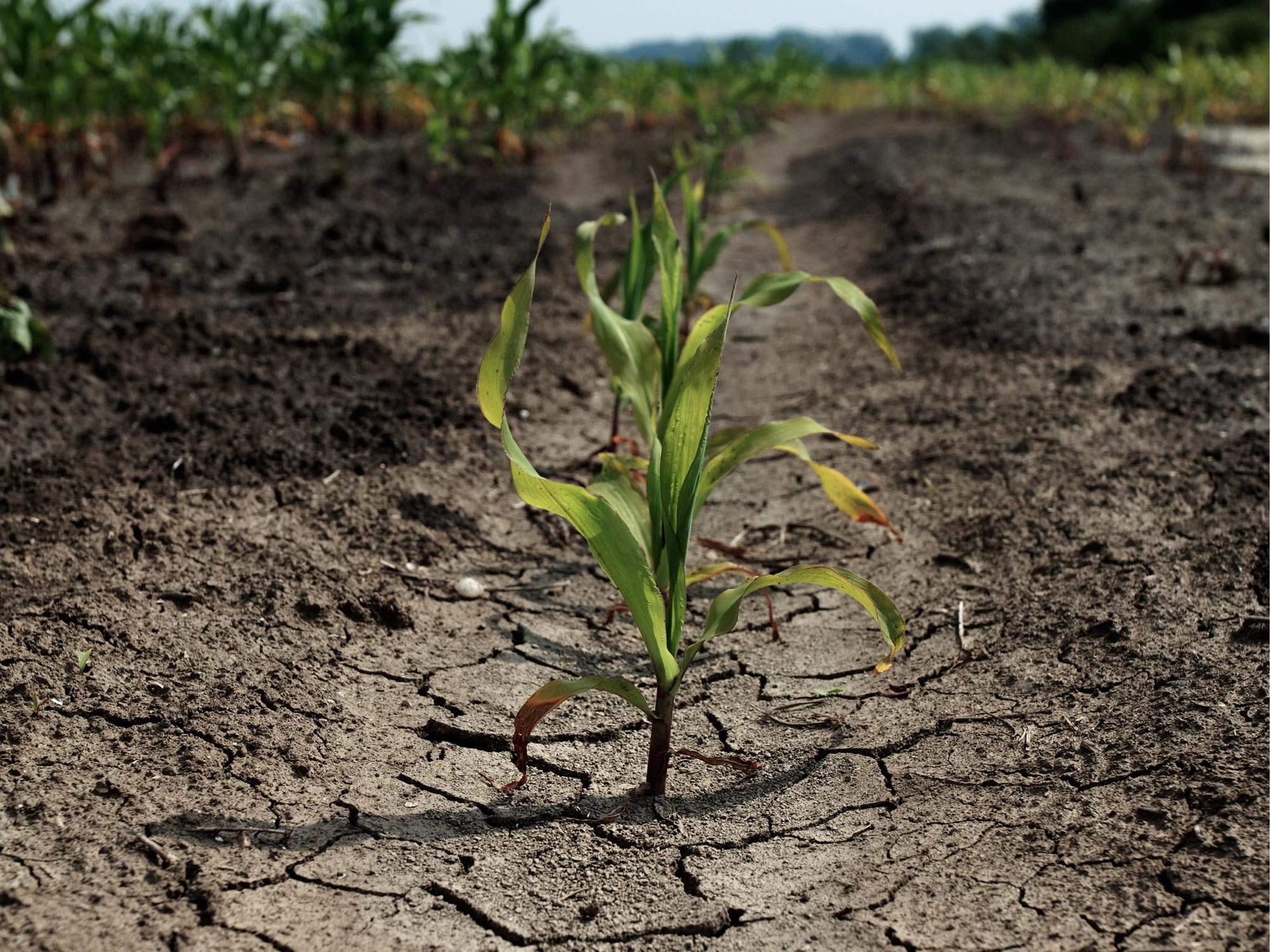
How Europe is planning to cope with drought
As crucial waterways run low and Europe's farmers worry about their crops, the European Union is trying to come up with a strategy to keep the water flowing.

Canada - B.C. cherry growers see recovery after crop loss
As B.C.'s cherry orchards approach a new season, high-tech Canadian greenhouse growers observe the ongoing challenges faced by stone-fruit farmers.

Nepal - Gorkha farmers struggle to protect crops from wildlife
Although there are policies in place to compensate for human and livestock losses, there are no provisions to provide relief for crop damage.
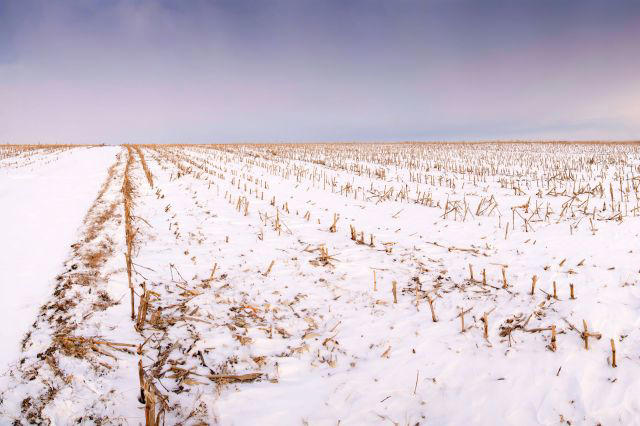
Serbia - Farmers devastated after unprecedented snowstorm destroys key crops: 'Will significantly affect the outlook'
Serbia's raspberry farmers are facing a tough season after unexpected snowfall hit the country's main growing regions in mid-May. The late-season snow blanketed raspberry plantations just weeks before harvest time, adding to crop damage that already started with April frost events, reported Fresh Plaza.

Canada - Wildfire smoke poses health risks to farmers and livestock in Manitoba
Manitoba farmers urged to protect both themselves and their livestock from wildfire smoke and have a comprehensive evacuation plan ready in case of emergency situations.
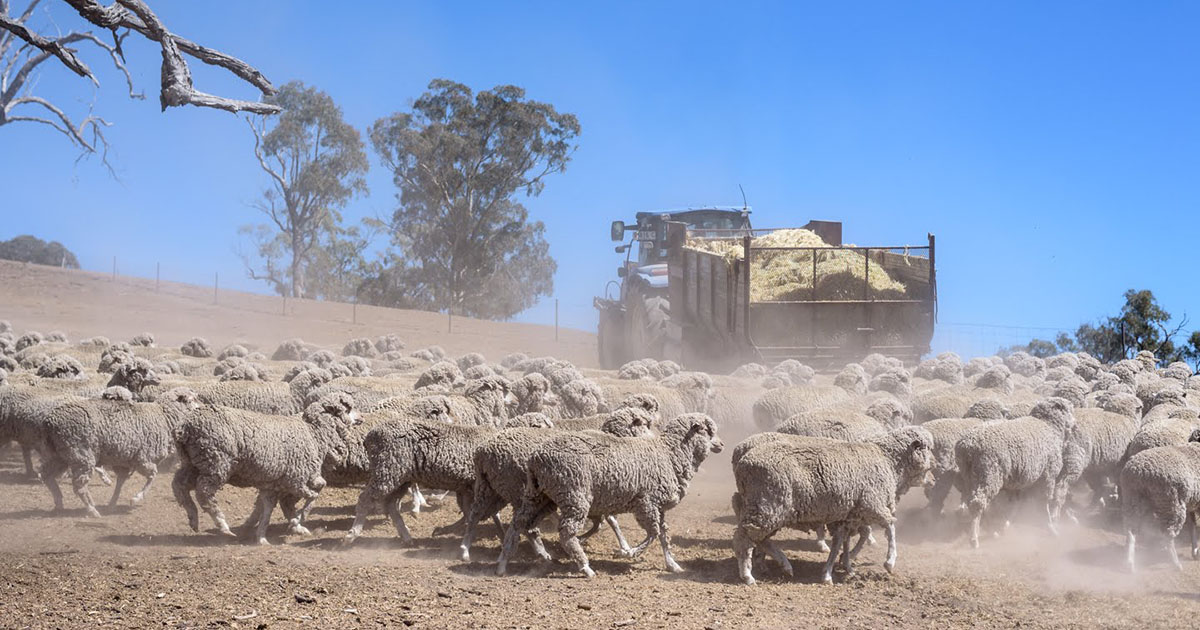
Australia - Farmers battle to keep livestock fed as severe drought grips Victoria
A severe drought is gripping farming communities, creating an "unprecedented crisis".

India - Agri Minister assures hailstorm-hit Shopian farmers of multi-channel compensation
In the wake of the recent devastating hailstorm that caused significant damage to crops in Chitragam area of south Kashmir’s Shopian district, Minister for Agriculture, Javed Dar on Tuesday visited the affected fields to assess the situation firsthand and to express solidarity with the distressed farming community.
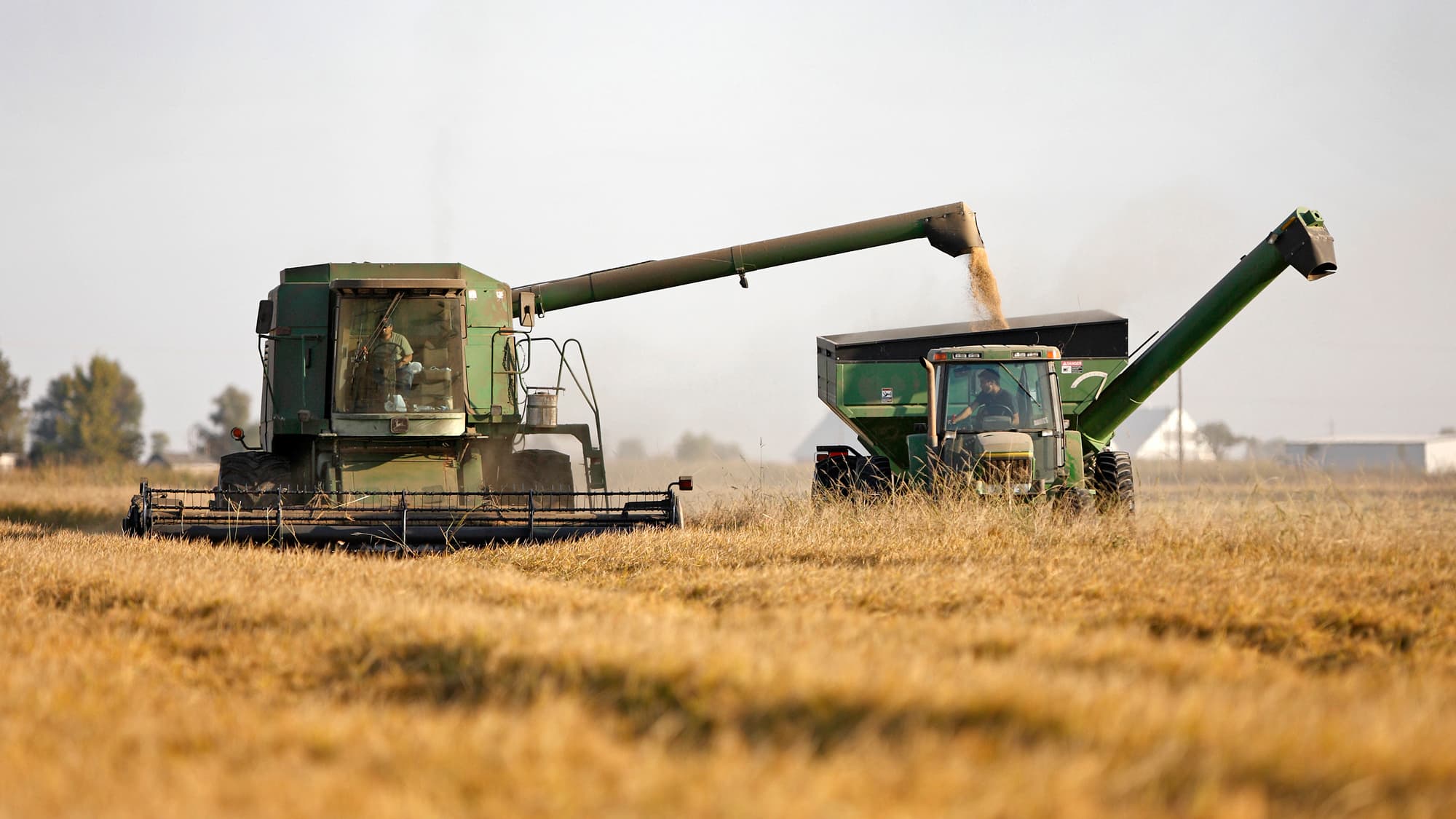
USA - Pennsylvania sues US Department of Agriculture over funding cuts
Pennsylvania officials filed a federal lawsuit against the US Department of Agriculture (USDA) on Wednesday over its termination of the Local Food Purchase Assistance 2025 Cooperative Agreement (LFPA25 Agreement).


